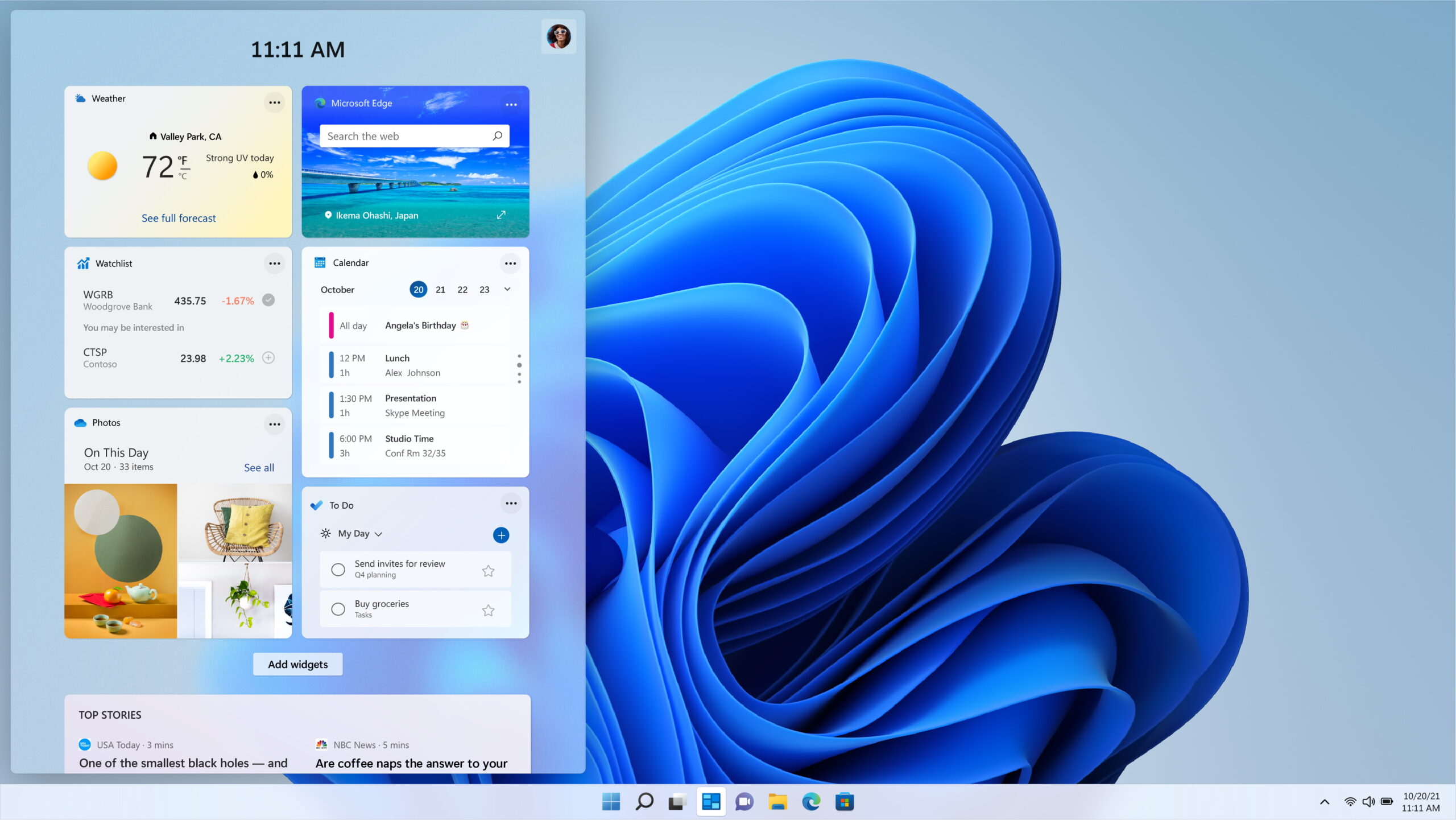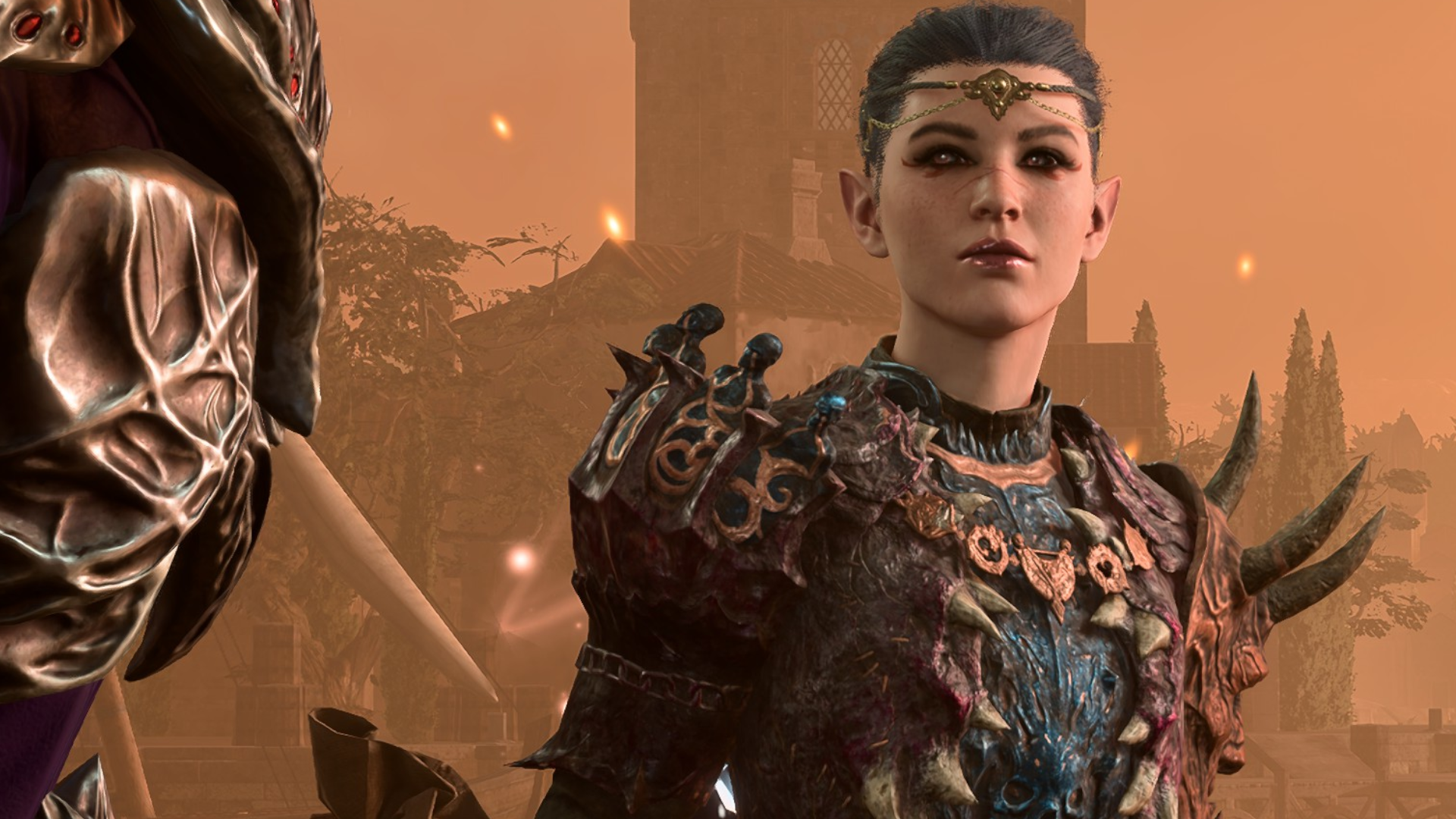Steam’s latest hardware survey has been released. The key trends for December 2023 show that Windows 11 is inching towards parity with Windows 10, gamers are gradually shifting towards higher core count CPUs, and the share of systems with 8GB or less of RAM continues to shrink.
Although the wider market has not fallen in love with Windows 11, with just 26% of the desktop market share compared to the dominant Windows 10 at 67%, the picture is a little different for gamers.
In December’s Steam survey, Windows 11 made up ground, with 44% of surveyed users on Windows 11 compared to 51% on Windows 10. That’s a 4% swing compared to the previous month. With Windows 12 reportedly set to launch later in the year, Windows 10’s dominance should continue to erode over the course of 2024.
Data on the number of physical CPUs tends to be variable and Intel systems with e-cores make for some odd configurations, but it is interesting to see the number of users with eight-cores growing in popularity, now taking up over 20% of the overall share.
Systems with six-cores or less are still dominant but it’s clear there is a shift away from dual and quad-core systems and laptops, which are now relegated to all but the cheapest of systems. Dual and quad core laptops will increasingly be retired.
The share of systems with 16GB of RAM is nearly 50%. Systems with 32GB actually fell a little, though the latter is probably offset by the introduction of 48GB systems into the mix.
(Image credit: Pavlo Gonchar/SOPA Images/LightRocket via Getty Images)
Systems with 8GB or less of RAM are on the decline. There’s nothing surprising about that, with DDR5 memory kits typically starting at 2x16GB, while gaming laptops are increasingly shipping with 16GB of RAM. 2023 also saw lots of cheap memory hit the market. An upgrade to 16GB of DDR4 from just 8GB is a very cost effective upgrade for those using older systems.
(Image credit: Valve)
Best VR headset: which kit should you choose?
Best graphics card: you need serious GPU power for VR
Best gaming laptop: don’t get tied to your desktop in VR
As games become ever more demanding, 8GB is increasingly going to become inadequate, to say nothing of running a browser with dozens of open tabs at the same time (as yours truly does).
Other little nuggets include a jump in the number of Steam users with VR headsets. Though small overall at just 2.24%, that’s a 0.4% increase from the month before, or to put it another way, an increase of over 20% month on month.
With the exception of RTX 4060 mobile graphics, RTX 40-series models still aren’t gaining much traction, though Nvidia’s absolute dominance over AMD remains intact.
Overall there’s not much that’s surprising here. Of course, the trend towards higher system specs is inevitable and it’s also worth noting that the Steam Hardware Survey is better seen as a rough idea of market share than as the ultimate snapshot. Still, it’s interesting to get some insight into what gamers are really running in their rigs.











